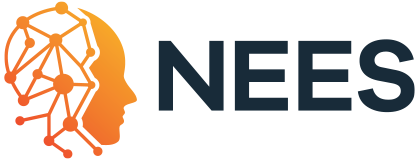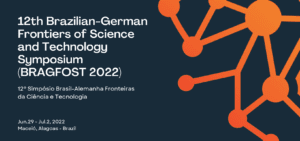The event will take place in Maceió, from June 29 to July 2
What are the positive and negative implications of artificial intelligence and machine behavior in the planet’s sustainable development? How does global human behavior impact the world and is impacted by machines? How do small molecules affect our perception, self-awareness, and stimulus processing?
Finding answers to questions like these by discussing new frontiers of research is one of the goals of the 12th Brazilian-German Frontiers of Science and Technology Symposium (BRAGFOST), which will take place in Maceió, Alagoas, from June 29 to July 2. The initiative will bring together 60 young Brazilian and German scientists, 30 of each nationality, all with up to 15 years of doctorate and with the potential to promote advances in science and technology in their fields of knowledge
“Well-being is not only the absence of disease, misery, and inefficacies, but also the presence of health, growth, strengths, values, positive aspects, prevention and promotion of sustainability awaraness, justice, responsibility, transparency, and ethics”, explains Professor Ig Ibert Bittencourt, director of the Center for Excellence in Social Technologies (NEES), which is associated with the Computing Institute of the Federal University of Alagoas (UFAL).
According to the professor, during the event, researchers will be divided into four thematic sessions designed to discuss the following topics:
- positive and negative implications of artificial intelligence and machine behavior to human beings, democracy, science, and society;
- the impacts of global human behavior and big data on the Sustainable Development Goals (SDG);
- the influence of small molecules on our perception, mental self-awareness, and processing of neuronal stimuli;
- the possibility of employing bioactives and resources from remote and endangered natural environments in pharmacology, agriculture, bioremediation, aquaculture, cosmetics, and other fields.
Bittencourt coordinates the Symposium in partnership with Prof. Stefan Schiller, from the Advanced Studies Institute of the Albert-Ludwigs-Universität Freiburg, in Germany. The event is a result of a partnership between the Coordination for the Improvement of Higher Education (CAPES) and the Alexander von Humboldt Foundation, being held alternately in Germany and Brazil.
The expectation of the organizers is that the Symposium will strengthen the collaborative network of young Brazilian and German scientists in various fields of knowledge, fostering the exchange of experiences and stimulating the creation of opportunities for future binational collaborations
.
Text: Denise Casatti – NEES/UFAL Communication Department
More information Event’s website: https://bragfost.my.canva.site/ Learn more about the SDG: https://brasil.un.org/pt-br/sdgs NEES/UFAL Communication Department: +55 (11)9.9125.9459 (WhatsApp) Email: denise.casatti@nees.ufal.br


